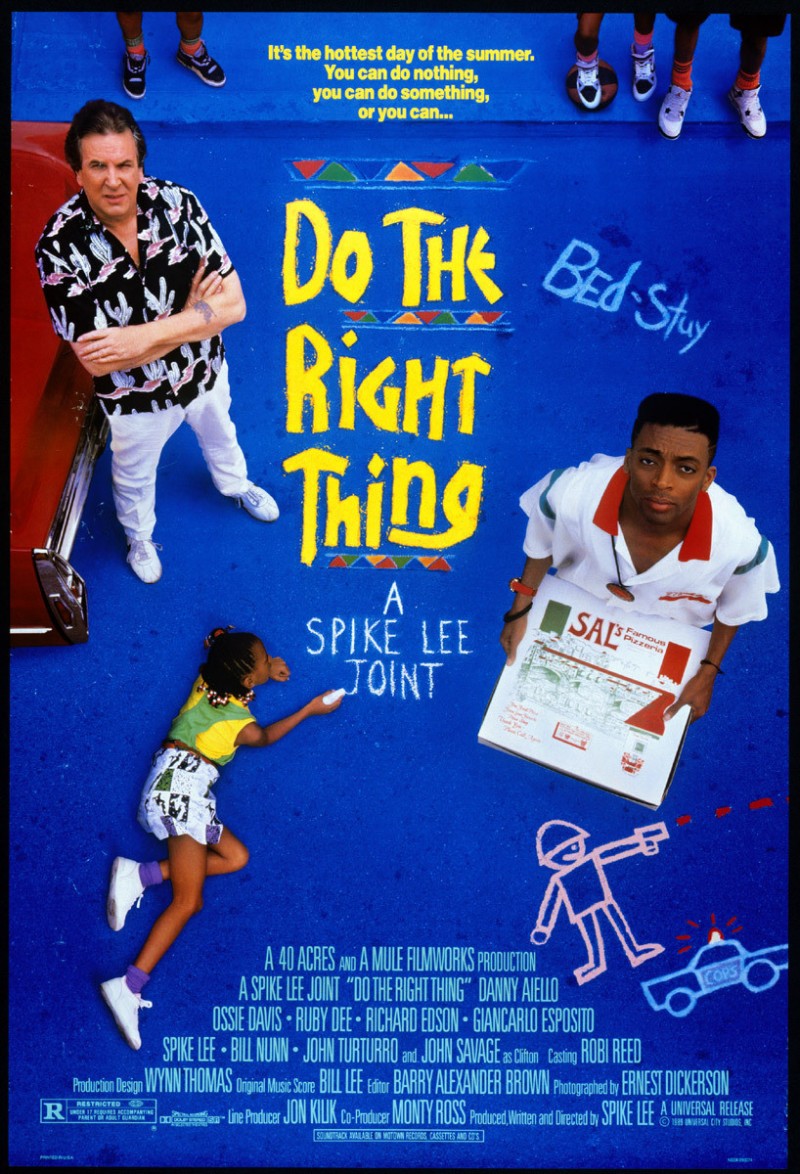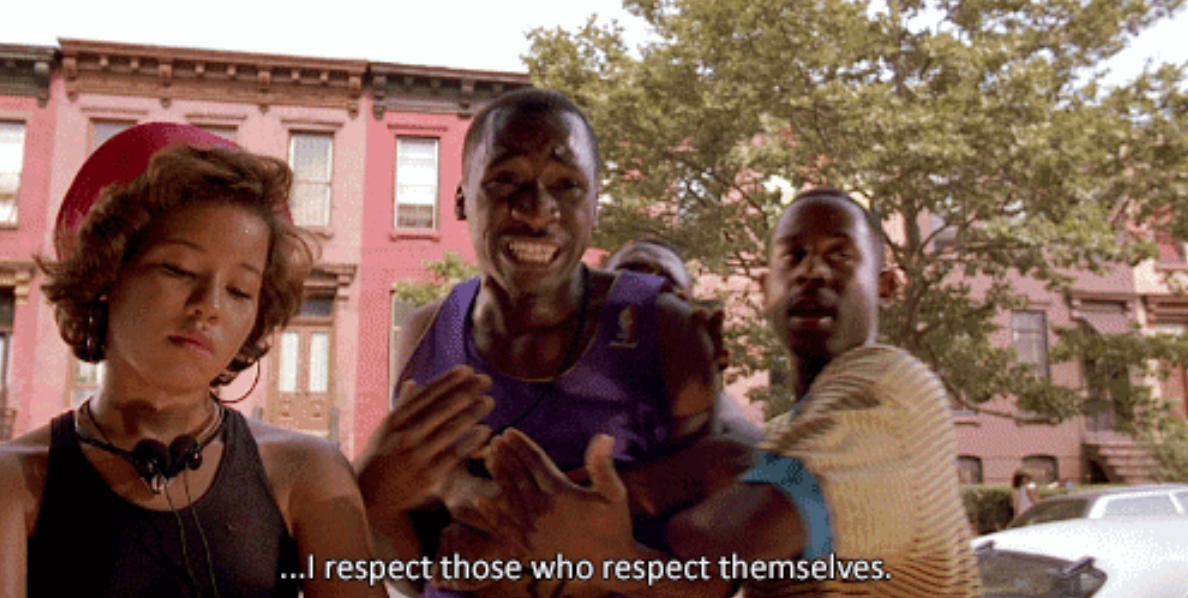Our Black History Month through the lens of Oscar continues with abstew on Whoopi...
 It took fifty-one years after Hattie McDaniel's historic win for Gone With the Wind (1939) for another black actress to hear her name called as the winner on Oscar night. Her successor scored an Oscar factoid of her own becoming the first black actress to score two Oscar nominations (thankfully, she is no longer alone with that distinction, having been joined by Viola Davis). Instead of prestigious talents along the lines of a Cicely Tyson, Ruby Dee, or Alfre Woodard, the honor went to a comedienne that took her stage name from a gag toy that makes fart sounds. Not exactly the typical Oscar winner, but that uniqueness has always been what defined Whoopi Goldberg as a performer and her Oscar win for playing medium Oda Mae Brown in the hit film Ghost (1990) is perhaps the quintessential Whoopi performance.
It took fifty-one years after Hattie McDaniel's historic win for Gone With the Wind (1939) for another black actress to hear her name called as the winner on Oscar night. Her successor scored an Oscar factoid of her own becoming the first black actress to score two Oscar nominations (thankfully, she is no longer alone with that distinction, having been joined by Viola Davis). Instead of prestigious talents along the lines of a Cicely Tyson, Ruby Dee, or Alfre Woodard, the honor went to a comedienne that took her stage name from a gag toy that makes fart sounds. Not exactly the typical Oscar winner, but that uniqueness has always been what defined Whoopi Goldberg as a performer and her Oscar win for playing medium Oda Mae Brown in the hit film Ghost (1990) is perhaps the quintessential Whoopi performance.
Born Caryn Johnson, Goldberg's first encounter with Oscar came for 1985's The Color Purple from director Steven Spielberg and based on Alice Walker's Pulitzer Prize-winner. While performing in her one-woman show on Broadway, Goldberg was asked by Spielberg to play the lead, Miss Celie, in the film. She won the Golden Globe and became the 5th black woman to be nominated for a Best Actress Academy Award, but she lost the Oscar that year to sentimental favorite Geraldine Page in The Trip to Bountiful, who finally won her Oscar on the 8th try.
Goldberg had much better luck the second time around, but her Oscar-winning performance was almost not to be. [More...]

Click to read more ...
 Tuesday, February 24, 2015 at 4:38PM
Tuesday, February 24, 2015 at 4:38PM 









